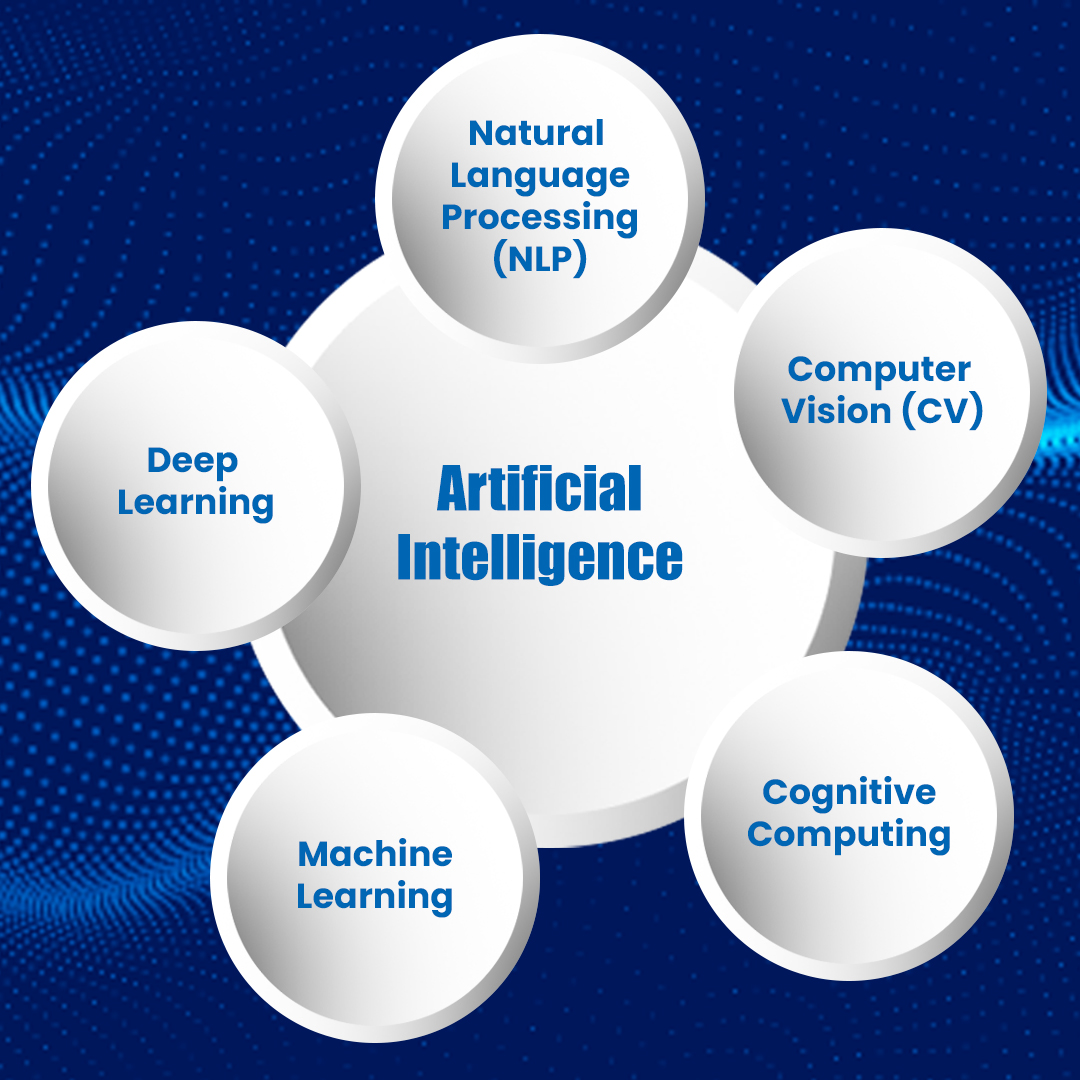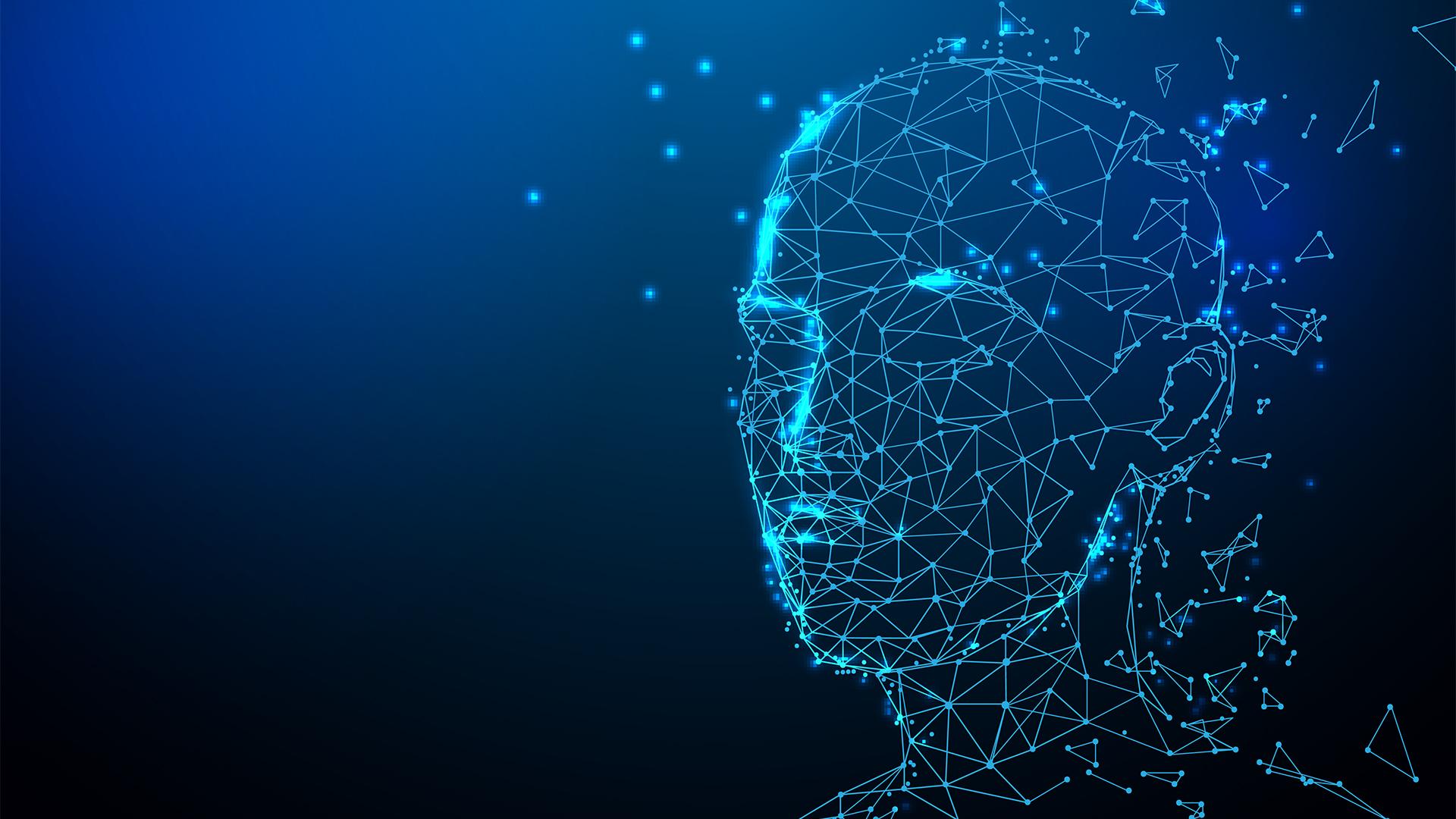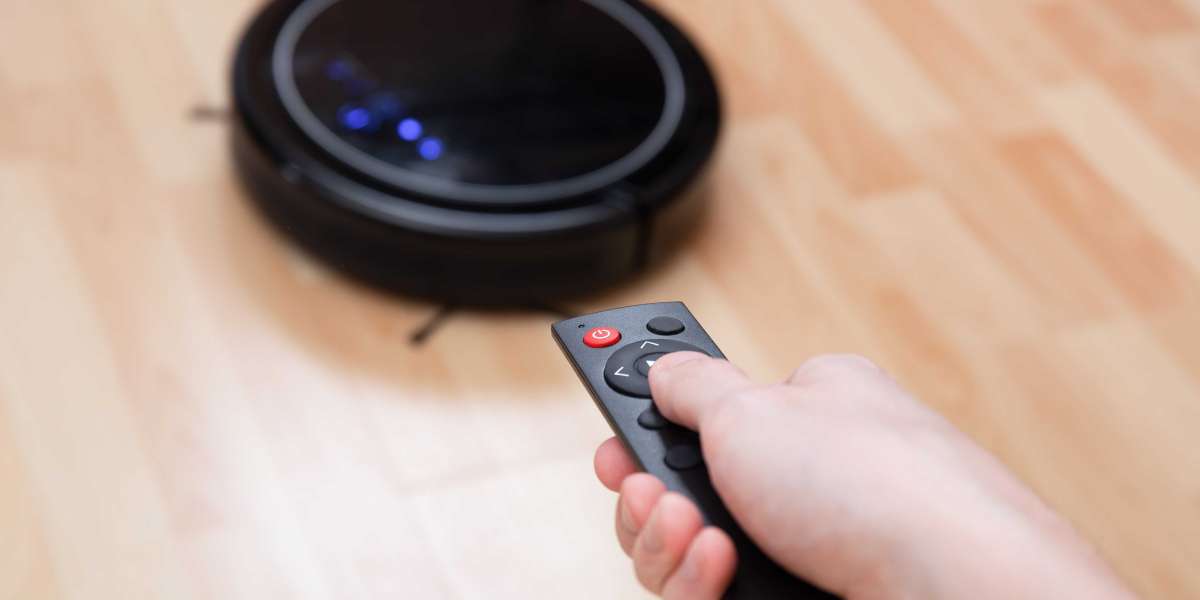OpenAI and the White House have actually accused DeepSeek of utilizing ChatGPT to inexpensively train its brand-new chatbot.
- Experts in tech law state OpenAI has little option under copyright and contract law.
- OpenAI's terms of use might apply but are largely unenforceable, they say.
This week, OpenAI and the White House accused DeepSeek of something akin to theft.
In a flurry of press statements, they stated the Chinese upstart had bombarded OpenAI's chatbots with questions and hoovered up the resulting information trove to quickly and cheaply train a model that's now practically as good.
The Trump administration's top AI czar stated this training procedure, called "distilling," totaled up to copyright theft. OpenAI, meanwhile, told Business Insider and other outlets that it's examining whether "DeepSeek may have inappropriately distilled our models."
OpenAI is not saying whether the business prepares to pursue legal action, instead assuring what a representative described "aggressive, proactive countermeasures to safeguard our technology."
But could it? Could it take legal action against DeepSeek on "you stole our material" premises, botdb.win just like the grounds OpenAI was itself sued on in a continuous copyright claim submitted in 2023 by The New York City Times and other news outlets?
BI positioned this concern to professionals in innovation law, who stated tough DeepSeek in the courts would be an uphill fight for OpenAI now that the content-appropriation shoe is on the other foot.

OpenAI would have a tough time showing a copyright or copyright claim, these legal representatives said.
"The question is whether ChatGPT outputs" - meaning the responses it produces in response to inquiries - "are copyrightable at all," Mason Kortz of Harvard Law School said.
That's due to the fact that it's uncertain whether the answers ChatGPT spits out qualify as "creativity," he stated.
"There's a doctrine that says innovative expression is copyrightable, however facts and ideas are not," Kortz, who teaches at Harvard's Cyberlaw Clinic, stated.
"There's a substantial concern in intellectual property law today about whether the outputs of a generative AI can ever make up innovative expression or if they are necessarily vulnerable facts," he included.
Could OpenAI roll those dice anyhow and claim that its outputs are protected?
That's unlikely, the attorneys stated.
OpenAI is already on the record in The New york city Times' copyright case arguing that training AI is a permitted "reasonable usage" exception to copyright protection.
If they do a 180 and tell DeepSeek that training is not a reasonable usage, "that might return to sort of bite them," Kortz said. "DeepSeek could say, 'Hey, weren't you just stating that training is reasonable use?'"

There might be a distinction in between the Times and DeepSeek cases, Kortz added.
"Maybe it's more transformative to turn news short articles into a model" - as the Times implicates OpenAI of doing - "than it is to turn outputs of a model into another model," as DeepSeek is said to have actually done, chessdatabase.science Kortz said.
"But this still puts OpenAI in a pretty predicament with regard to the line it's been toeing concerning reasonable usage," he included.
A breach-of-contract lawsuit is most likely
A breach-of-contract suit is much likelier than an IP-based claim, trademarketclassifieds.com though it comes with its own set of problems, botdb.win said Anupam Chander, who teaches innovation law at Georgetown University.
Related stories
The terms of service for tandme.co.uk Big Tech chatbots like those established by OpenAI and Anthropic forbid utilizing their content as training fodder for engel-und-waisen.de a contending AI design.
"So maybe that's the lawsuit you might possibly bring - a contract-based claim, not an IP-based claim," Chander stated.
"Not, 'You copied something from me,' but that you benefited from my design to do something that you were not permitted to do under our agreement."
There might be a drawback, Chander and Kortz said. OpenAI's terms of service require that the majority of claims be fixed through arbitration, not claims. There's an exception for lawsuits "to stop unapproved usage or abuse of the Services or intellectual home violation or misappropriation."
There's a larger drawback, though, specialists said.
"You ought to understand that the brilliant scholar Mark Lemley and a coauthor argue that AI terms of use are most likely unenforceable," Chander said. He was describing a January 10 paper, "The Mirage of Artificial Intelligence Regards To Use Restrictions," by Stanford Law's Mark A. Lemley and Peter Henderson of Princeton University's Center for Information Technology Policy.
To date, "no model creator has really tried to enforce these terms with monetary charges or injunctive relief," the paper states.
"This is likely for good factor: we think that the legal enforceability of these licenses is doubtful," it adds. That's in part since model outputs "are mainly not copyrightable" and since laws like the Digital Millennium Copyright Act and the Computer Fraud and Abuse Act "deal minimal recourse," it says.
"I believe they are likely unenforceable," Lemley informed BI of OpenAI's terms of service, "due to the fact that DeepSeek didn't take anything copyrighted by OpenAI and due to the fact that courts typically won't impose contracts not to complete in the lack of an IP right that would prevent that competitors."
Lawsuits between celebrations in different nations, each with its own legal and enforcement systems, are constantly difficult, Kortz said.
Even if OpenAI cleared all the above hurdles and won a judgment from an US court or bphomesteading.com arbitrator, "in order to get DeepSeek to turn over cash or stop doing what it's doing, the enforcement would boil down to the Chinese legal system," he stated.
Here, OpenAI would be at the grace of another extremely complicated location of law - the enforcement of foreign judgments and the balancing of individual and business rights and nationwide sovereignty - that stretches back to before the starting of the US.
"So this is, a long, made complex, fraught procedure," Kortz added.
Could OpenAI have protected itself better from a distilling attack?
"They could have used technical measures to obstruct repeated access to their site," Lemley stated. "But doing so would also disrupt typical clients."
He included: "I don't think they could, or should, have a legitimate legal claim versus the browsing of uncopyrightable information from a public site."

Representatives for DeepSeek did not instantly react to a request for comment.
"We know that groups in the PRC are actively working to use approaches, including what's referred to as distillation, to try to duplicate sophisticated U.S. AI models," Rhianna Donaldson, an OpenAI representative, informed BI in an emailed declaration.







